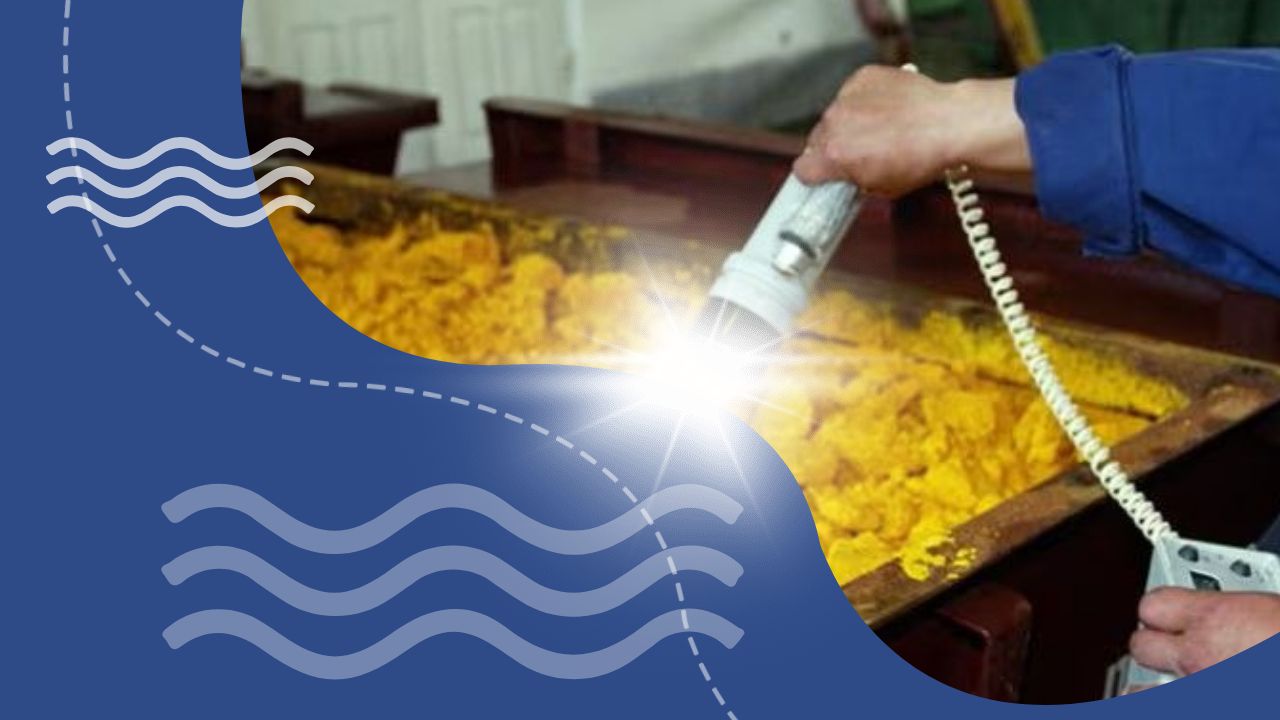Norway and the European Union have formalized an agreement aimed at strengthening cooperation on sustainable value chains, with a specific focus on land-based raw materials and batteries. Minister of Trade and Industry, Jan Christian Vestre, emphasized the significance of this collaboration, highlighting its pivotal role in accelerating climate and green transition goals. He further emphasized the potential for economic growth, increased investments, and the creation of green jobs in Norway as a result of this partnership. Executive Vice-President Maroš Šefčovič echoed these sentiments, underlining the strategic importance of the agreement in fostering business and research opportunities while solidifying industrial and political ties between Norway and the EU. As a cornerstone of the Green Alliance established last year, the industrial partnership aims to enhance climate, environmental, energy, and industrial cooperation, serving as the inaugural initiative under the Green Alliance framework. Minister Vestre stressed the agreement’s significance for Norwegian businesses and its role in facilitating dialogue with the EU regarding green value chains. He highlighted its alignment with Norway’s Green Industrial Initiative, particularly focusing on critical raw materials and batteries. Given Norway’s pivotal role as a supplier of critical raw materials, the partnership aims to address vulnerabilities in global supply chains by promoting closer collaboration between Norway and the EU. Batteries, identified as a crucial technology for renewable energy transition, are at the forefront of this collaboration, with the partnership aiming to address concerns raised by Norwegian battery players regarding market access. Norway’s participation in ministerial meetings within the European Battery Alliance will further facilitate dialogue on establishing the European battery value chain. Overall, the partnership provides a framework for discussions on potential disruptions in regional value chains, including the application of rules of origin for battery components traded between the EU and the UK.
Source and Credit: miningeurope.news

